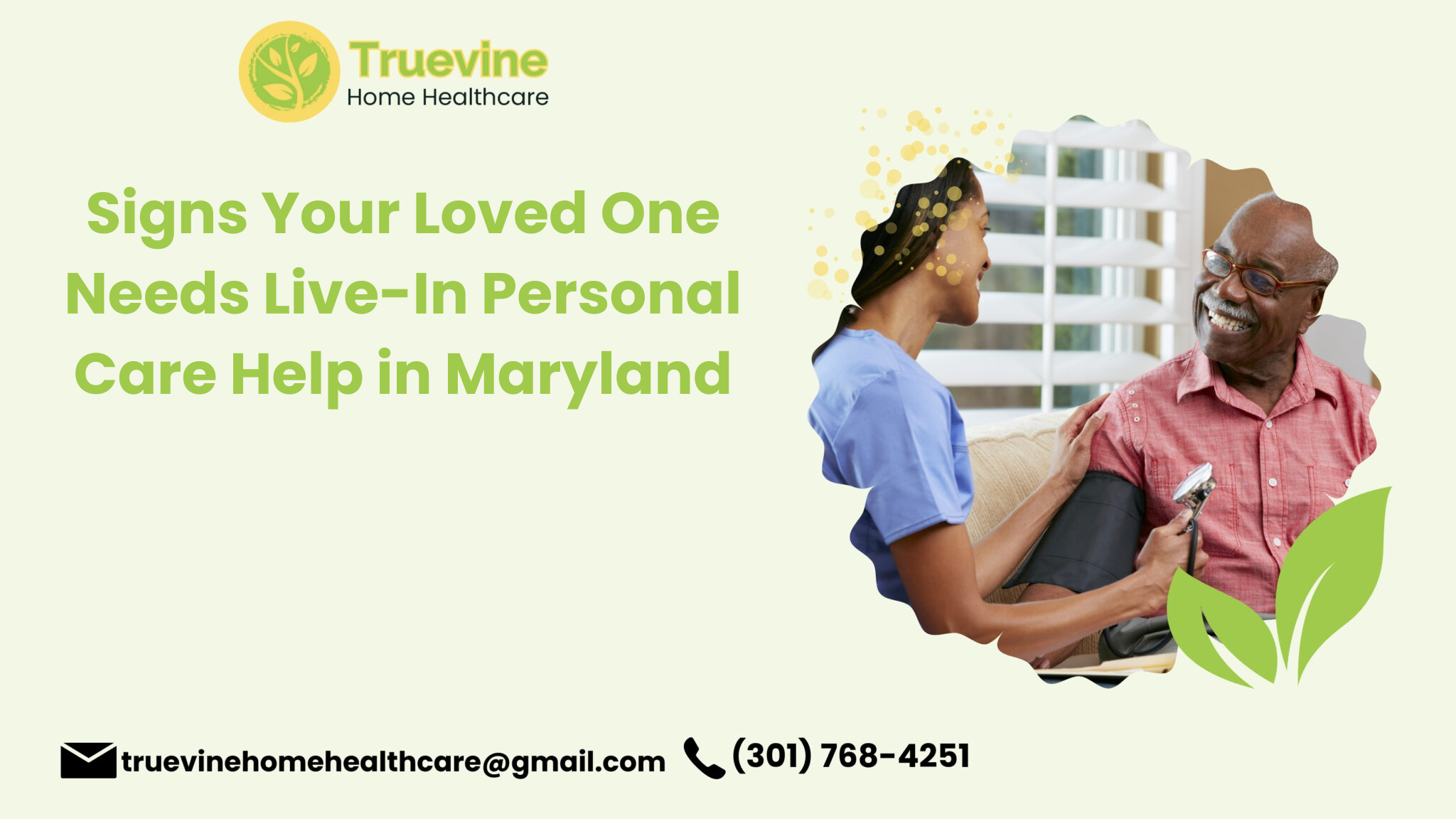It often starts subtly. Perhaps you notice your mother, who always took immense pride in her garden, hasn’t tended to her roses in weeks. Or maybe your father, a voracious reader, has a growing pile of unread newspapers on his coffee table. These small changes can be easy to dismiss. However, they can also be the quiet whispers that signal a growing need for more consistent support. Deciding when a loved one needs more help is one of the most challenging journeys a family can undertake. You are navigating a profound shift in roles. Recognizing the signs is the first, most crucial step in ensuring your loved one receives the best possible senior care while continuing to live with dignity and safety in their own home.
Sign #1: When Daily Routines Become Daily Struggles
Remember how your dad used to wake up at the crack of dawn, ready to tackle the day? Lately, you’ve noticed that getting dressed seems to be a slower, more arduous process for him. Maybe you have found spoiled food in the refrigerator or noticed that meals are becoming simpler, often consisting of just toast or cereal. These tasks, often referred to as Activities of Daily Living (ADLs), are the cornerstones of independence. When bathing, dressing, grooming, and preparing meals become significant challenges, it is a clear indicator that additional help is needed. This is not about a loss of ability overnight; rather, it’s a gradual decline that can impact their health. The support of a compassionate personal care aide can make a world of difference, transforming daily struggles into moments of comfort.
Sign #2: A Decline in Home and Personal Upkeep
The state of a person’s home and their own personal hygiene are often direct reflections of their well-being. Have you noticed laundry piling up or the home looking more cluttered than usual? Perhaps you have caught a whiff of body odor when you have gone in for a hug, something that would have been uncharacteristic in the past. These are sensitive subjects, yet they are critical indicators. When someone begins to struggle with their personal health care, it’s rarely due to a lack of desire to be clean. Instead, it is often because the physical or cognitive effort required has become overwhelming. Consistent home healthcare services can help maintain a safe, clean living environment and ensure your loved one receives the gentle support they need.
Sign #3: Rising Safety Concerns and Accidents
A fall can be a life-altering event for an older adult. Your heart likely skips a beat every time your phone rings at an odd hour. For families navigating the complexities of memory loss, the need for specialized Alzheimer care becomes paramount. The fear of wandering or other accidents can be a constant source of anxiety. When the home environment starts to present more risks than comfort, it is a clear sign that round-the-clock supervision, a key component of Live-In Personal Care, is necessary.
Be on the lookout for:
- New or unexplained bruises from potential falls.
- Missed or incorrect medication dosages.
- Signs of wandering or getting lost in familiar places.
- Neglecting to turn off appliances like the stove.
Sign #4: Your Own Well-Being Is Starting to Suffer
Are you finding yourself constantly worried? Are late-night trips to check on your mom or dad becoming the norm? Your role as a caregiver often expands so gradually that you do not realize the full weight of it until you feel overwhelmed. Juggling your own career, children, and personal life while trying to be everything for your parents can lead to burnout. It is understandable to find yourself searching for a “home care agency near me” when the pressure mounts. Acknowledging you need help is a sign of strength. Exploring options like private duty care is not giving up; it is bringing in a dedicated partner to ensure your loved one gets the best support while allowing you to be their son or daughter again.
When to Explore a More Comprehensive Solution
If these signs are resonating with you, it may be time to consider a more comprehensive solution. The goal is not to take away your loved one’s independence but to provide a supportive framework that enhances it. Live-In Personal Care offers a consistent, stable presence, fostering a routine and a trusting relationship. This ensures help is always there, whether for a middle-of-the-night bathroom trip or simply providing dedicated companion care over a cup of tea in the afternoon. This level of support is a hallmark of private duty assistance.
Understanding the full scope of your loved one’s needs is the best way to move forward. A professional needs assessment can be an invaluable tool for families, providing a clear and objective overview of the situation. Recognizing these signs is an act of profound love. It is a commitment to meeting your loved one’s changing needs with grace, compassion, and the best home healthcare services possible.
Quick Answers for Maryland Families
What is the difference between companion care and personal care? Companion care focuses on emotional support and socialization, helping with tasks like errands, light housekeeping, and providing company. Personal care involves hands-on assistance with daily activities like bathing, dressing, and mobility. Often, live-in personal care includes both.
How do I know if private duty care is the right choice? Private duty care is ideal when you need flexible, one-on-one support tailored specifically to your loved one’s schedule and needs. If you are looking for a dedicated home care agency near me that provides a consistent caregiver, this is often the recommended path.
What are the first steps if I think my parents need home healthcare services? The first step is observation and documentation of the signs you are seeing. The second is having an open and honest conversation with your loved one. The third, and most crucial, is scheduling a professional needs assessment to create a clear and safe plan forward.

